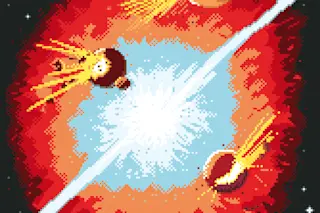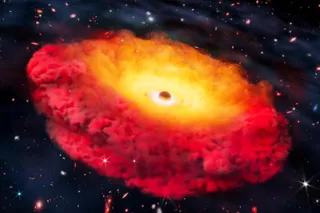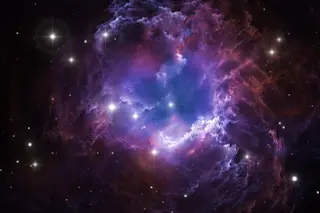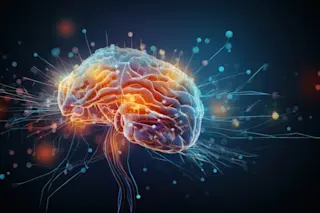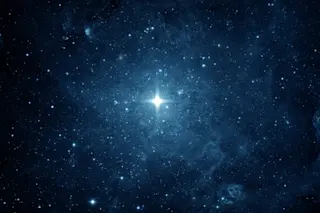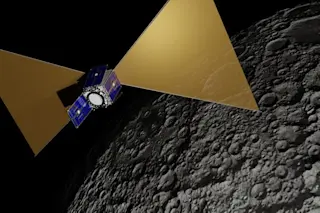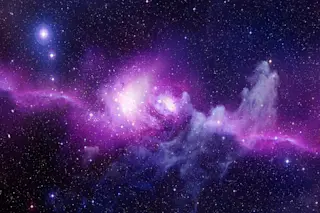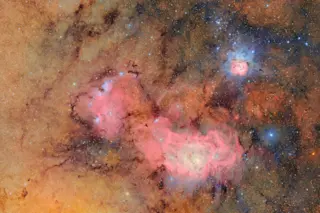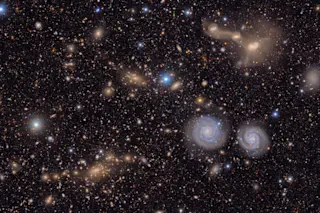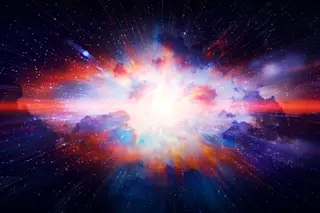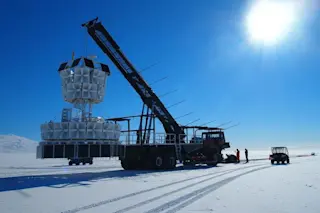Cosmology deals with the big questions of the universe, often the same questions that keep philosophers up at night. When did the universe begin? How did it start? Has the universe always been expanding? (For the record, the answers are: about 13.8 billion years ago, in a high-density state that rapidly expanded called the Big Bang and yes, but not always at the same speed.) But here’s a question they haven’t figured out yet: How’s it all going to end?
It’s a big question all right, but we’ve made surprising headway toward an answer. In the last years of the 20th century, the astrophysical community was stunned to learn that the universe was driving itself apart. For decades, scientists had known that distant galaxies all move away from us, with the farther ones moving the fastest. The only way this makes sense is if the universe itself is expanding. Given ...


